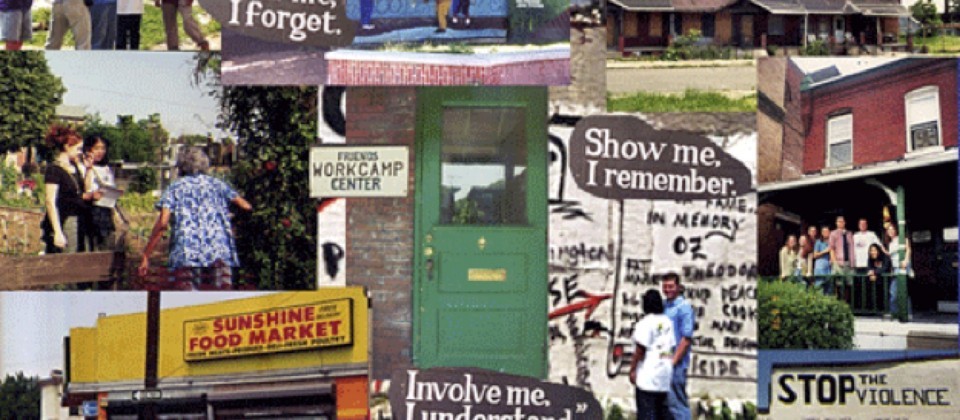Lakshman Yapa – Pennsylvania State University – Department of Geography
The project is to build an interdisciplinary research initiative on urban poverty in the United States, using Philadelphia as a case study for field work. The conventional approach defines poverty as an “economic” problem that can be corrected through more jobs and higher incomes. This view of poverty which privileges “exchange value” is responsible for perpetuating poverty. Instead of asking why the poor do not make more money we ask why they do not have access to basic use values such as nutritious food, good health, and secure housing; this is the use value approach to poverty. The two approaches lead to very different analyses and possible solutions. In contrast to exchange value, the use value approach confers agency on people to solve their own problems in at least three important ways. First, by focusing on such things as local food production, nutritious consumption, preventive health, and so on, it allows the poor to confront “poverty” at scales that are commensurate with their own power and resources. Second, it dissolves the binary of subject and object (the non-poor and poor and non-problem and problem) by pointing out how conventional poverty knowledge is responsible for constructing poverty. Third, by drawing on substantive knowledge of academics related to the production of basic use values, the use value approach allows academics to draw on their non-sovereign power to engage urban poverty.


Leave a Reply